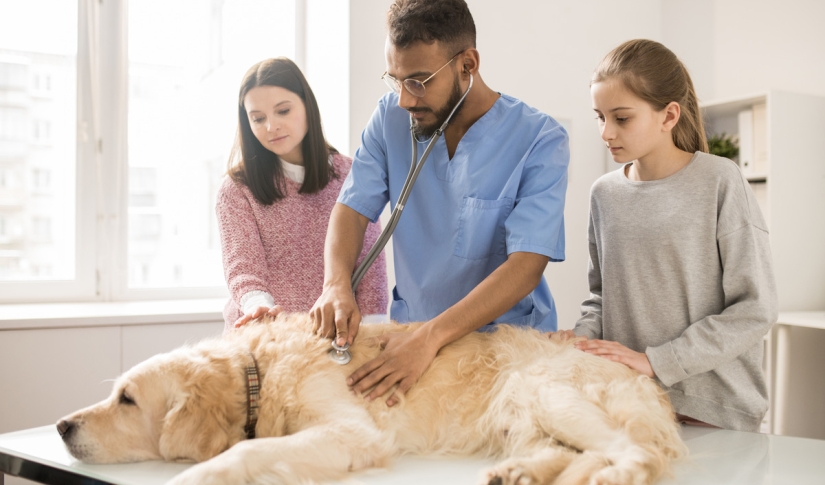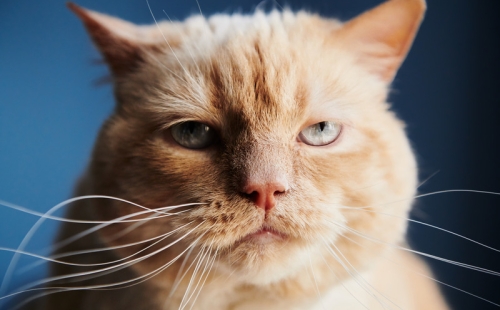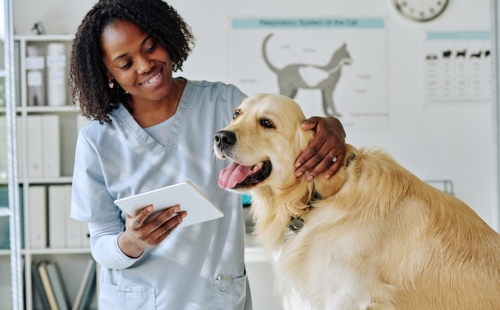Tales from the Frontline: Handling the Loss of Your Veterinary Patients

Despite our best efforts and doing everything right, veterinary medicine will find a way to humble you. You will lose a patient. Maybe under anesthesia, maybe during hospitalization and sometimes in just a blink of your eyes. Losing a patient and grappling with everything after that can shake any veterinary professional to their core. Learning how to look at loss as an opportunity for growth is crucial to surviving in this profession. What we do when our worst nightmare comes true shapes how we can find a way to survive a profession where loss happens when you least expect it.
Compartmentalization Is not our friend. Jumping from performing CPR on a patient to walking into a wellness exam is part of our job. To survive the loss and not let that consume us requires us to be able to shut off our brains from the trauma we just observed. To shove the emotions thar come with that away so we can smile and move onto the next patient. It’s something we do to not destroy ourselves and keep moving forward. This coping method is necessary. But those feelings of grief, anger and f failure must be dealt with. Eventually we all hit our breaking point and the things we run away from will always find a way to seep back into our lives. Acknowledging the emotions is needed to move forward.
Resources are crucial. Discussing loss with our team and being open to share how to move through loss is so important in our teams. Utilizing employee assistance programs, veterinary social workers and encouraging focusing on mental health can guide the team through losses. We will always ask what we could have done differently in the situation. We will wrack our brains at night wondering what happened. But reaching out to process the trauma and loss we experienced is a way to reduce the stigma of the death of a patient.
Talking about how we prepare for the next code or death in the hospital will remind us that growth comes from our losses. Looking at what went wrong and what went right during a code prevents us from making similar mistakes or accepting that sometimes you can do everything right and death still happens. It is often out of our control.
It’s ok to cry at the loss of a patient. It is also ok to not cry and still feel the loss in our hearts. Giving ourselves grace and forgiveness has to become a priority. Talk with your team members. Cry on their shoulders or move on to the next thing. But realize it’s not really moving forward if we haven’t dealt with the past.
Life is imperfect and so is death. But growth will always be a constant in this field. Finding resources, giving support and allowing ourselves to grieve and heal is part of why our profession is so strong. We are strong even in our weakest moments. We will move past the heartbreak and get up to help the next pet. But we have to take care our ourselves in the meantime. By healing from the pain that we hide away we can do more to help the next thing to walk through our doors. Take care of yourselves and look to heal not stay stuck wondering what could have been different. Keep growing, learning, and facing the pain. That is what defines us as a patient advocate. Know that on your worst days, you are not alone and you are enough




